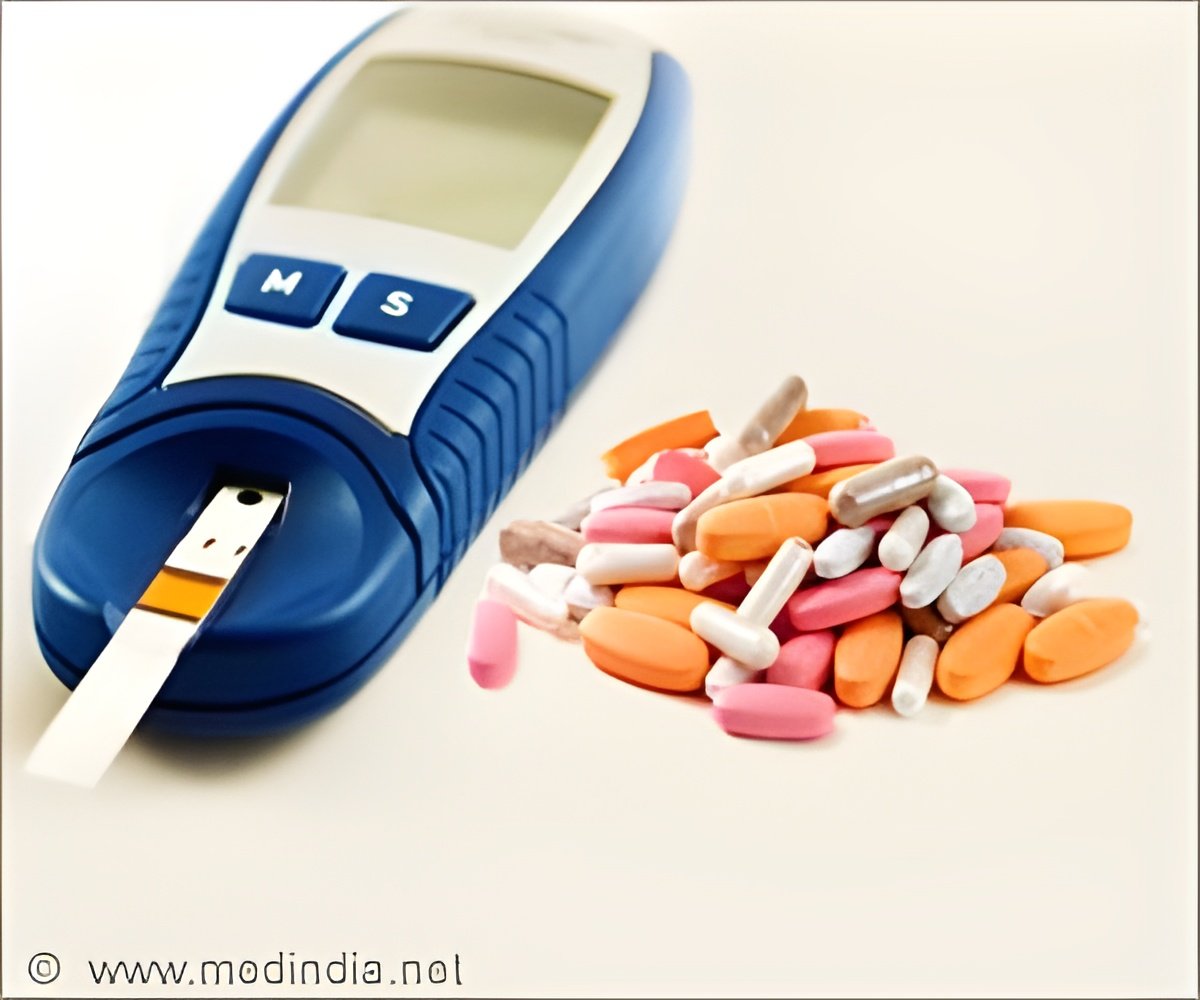Learn how systemic glucocorticoids, used for treating inflammatory conditions, are linked to a significantly higher risk of new-onset diabetes.

‘Patients receiving systemic #glucocorticoids are 2.6 times more likely to develop #diabetes compared to those not receiving the #treatment. #asthma #medindia
’





In a recent study, experts at the Diabetes Trials Unit, Radcliffe Department of Medicine, University of Oxford, Oxford, UK, examined the frequency at which patients receiving glucocorticoid treatment can acquire new-onset diabetes.The study revealed that patients on systemic glucocorticoids had a 2.6-fold increased risk of developing diabetes compared to those not on the medication(1✔ ✔Trusted Source
Steroid-induced diabetes
Go to source).
Systemic Glucocorticoids and Diabetes Risk
Study leader Dr Rajna Golubic, said: “Existing information on how much more common new diabetes is in patients treated with glucocorticoids is based on small studies including patients with one or a few conditions. We wanted to expand the data to get a more accurate idea of how likely it is that people could develop diabetes while being treated with these drugs.”Dr Golubic and colleagues compared the rate of new-onset diabetes in hospital patients who received systemic glucocorticoids (tablets, injections, or infusions) to patients not treated with these drugs.
The study involved 451,606 adults (median age 52 years, 55% female, 69% White) who were admitted to the Oxford University Hospitals NHS Foundation Trust between 1 January 2013 and 1 October 2023. All were free from diabetes at the start of the study and none were taking systemic glucocorticoids.
Advertisement
Surprising Link Between Steroid Treatment and Diabetes
- 17,258 (3.8%) of the patients were treated with systemic glucocorticoids (some names include prednisolone, hydrocortisone, and dexamethasone) while in hospital, most commonly for autoimmune and inflammatory diseases and infections.
- 316 of these 17,258 patients (1.8%) developed diabetes while in hospital.
- This compares with 3,430 of the 434,348 patients (0.8%) who didn’t receive systemic glucocorticoids. Patients were typically admitted for less than a week.
Dr Golubic says: “These latest results give clinical staff a better estimate of how likely new diabetes is to occur and could prompt doctors to plan clinical care more effectively to detect and manage new diabetes.
She added: “This study also shows how routinely collected clinical data can be used to help people with diabetes.”
Reference:
- Steroid-induced diabetes - (https:www.diabetes.org.uk/diabetes-the-basics/other-types-of-diabetes/steroid-induced-diabetes)
Source-Eurekalert












